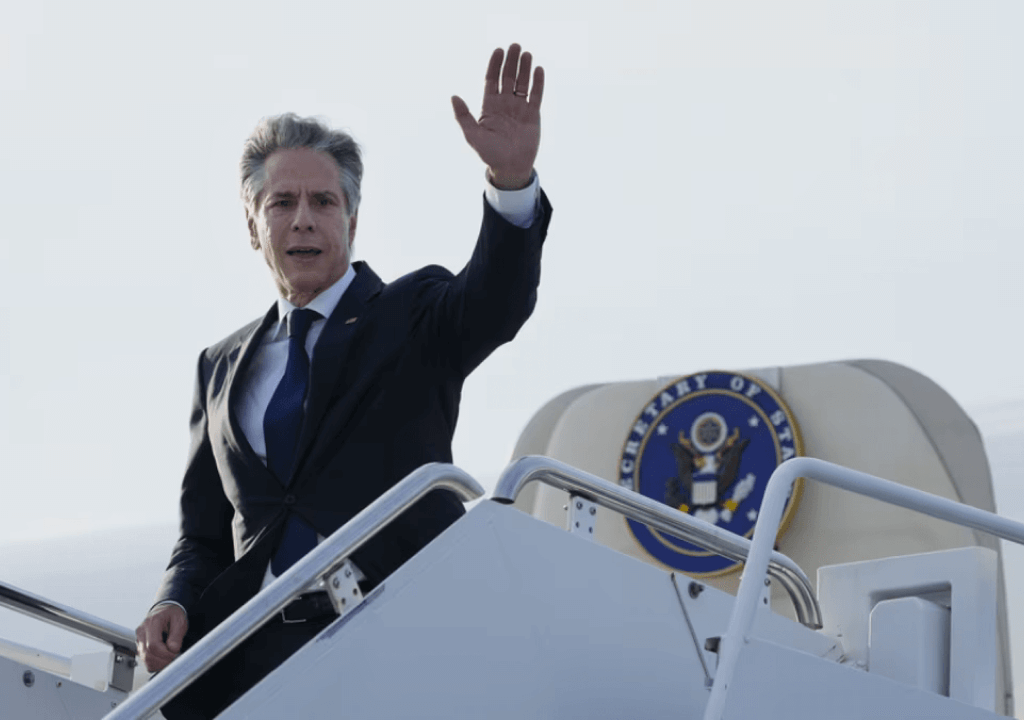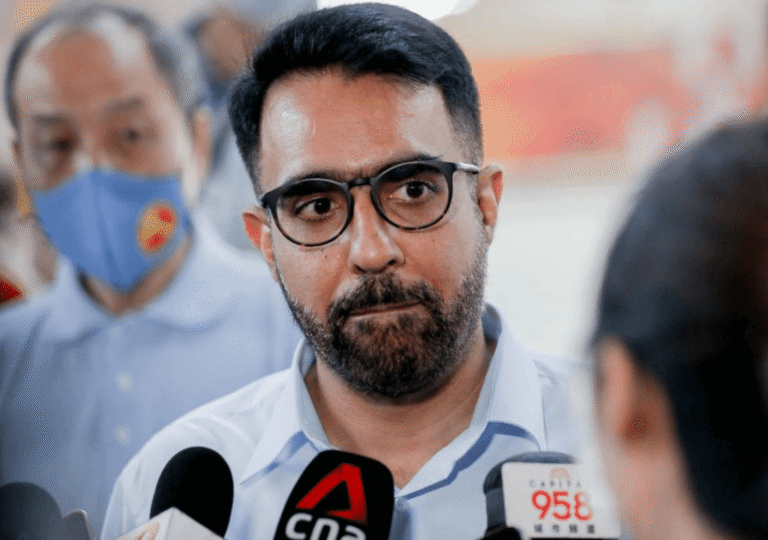U.S. Secretary of State Antony Blinken recently concluded his visit to Singapore, where he discussed enhancing security and prosperity in the Indo-Pacific region. This visit was part of his six-country tour of Asia from July 25 to August 3, which also includes Laos, the Philippines, Vietnam, Japan, and Mongolia. During his two-day stay in Singapore, Mr. Blinken met with Prime Minister and Finance Minister Lawrence Wong, Senior Minister Lee Hsien Loong, and Foreign Affairs Minister Dr. Vivian Balakrishnan. The discussions focused on strengthening collaboration in the business, scientific, and national security sectors. These meetings are considered pivotal to the U.S. mission of promoting a free, open, connected, prosperous, secure, and resilient Indo-Pacific region, while ensuring that ASEAN countries do not align with China against U.S. interests.
Mr. Blinken’s visit to the region comes at a politically tumultuous time in the U.S., following President Joe Biden’s announcement of his withdrawal from the presidential race. With a new president to be elected this year, Mr. Blinken’s presence is crucial in showing that the shifting political landscape in the U.S. will not alter American foreign policy. During his visit to Singapore, U.S. Secretary of State Antony Blinken met with Prime Minister Lawrence Wong at the Istana. After their meeting, Mr. Wong, who also serves as Finance Minister, highlighted on Facebook that the bilateral relationship is in excellent shape.
During the visit, Mr. Blinken and Dr. Balakrishnan signed a civil nuclear cooperation agreement, known as a 123 Agreement. At the signing ceremony, Dr. Balakrishnan emphasized that the agreement will grant access to information and technological expertise, enabling Singapore to work more closely with U.S. civil nuclear experts. The agreement aims to enhance peaceful nuclear cooperation between the U.S. and Singapore, grounded in their mutual commitment to nuclear non-proliferation. The two countries plan to explore how advanced nuclear energy technologies, including small modular reactors, can contribute to climate goals. This agreement will enable Singapore to work more closely with U.S. institutions and civil nuclear entities in other countries. It will require review by the U.S. Congress before taking effect and will remain in force for 30 years once enacted.
Singapore is expected to benefit from the U.S.’s generous approach, akin to the investments made in Malaysia. In his statement, Wong highlighted the extensive ties between the two nations, spanning areas from the economy to defense and security. For instance, the U.S. is Singapore’s largest investor, with nearly 6,000 U.S. firms operating there, creating numerous jobs for Singaporeans. Cooperation is being expanded into new areas, including critical emerging technologies like AI and civilian nuclear energy, to stay abreast of technological advancements and better assess future energy options for Singapore.
The U.S. views Singapore as a crucial gateway to ASEAN and aims to reinforce its partnership. For Singapore, maintaining strong ties with the U.S. is vital for economic prosperity. It appears that the U.S. is investing significantly to maintain its influence, and Singapore stands to benefit from this relationship.







